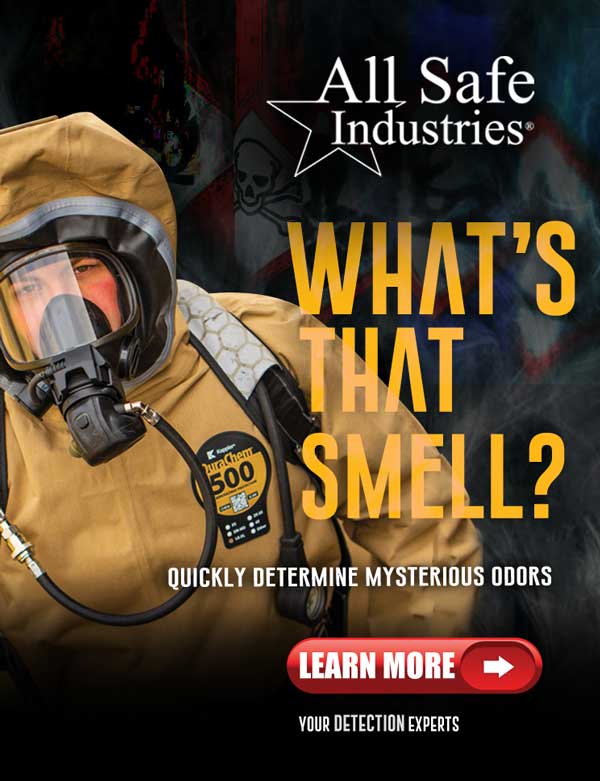Originally published on AME Info
The handshake is a killer on the loose. It was once a symbol of peace and a sign you are not carrying a weapon. Today it is the very symbol of biological warfare.
So should we all switch to fist bumps, and leg kicks then? No. That also breaks the rules of social distancing and while it uses less of a surface than a handshake, it is still an invitation for COVID-19 to infect. Any contact today is a license to kill.

Talk to the hand
According to the Washington post, we’ve long known that a handshake was a petri dish of germs and grime.
Scientists like Anthony S. Fauci Director of the National Institute of Allergy and Infectious Diseases, are calling for the handshake’s timely death.
“I don’t think we should ever shake hands ever again, to be honest with you,” Fauci said.
In April, Gregory Poland, an infectious-disease expert at the Mayo Clinic, captured the new wisdom like this: “When you extend your hand, you’re extending a bioweapon.”
Weforum.org says that no matter how friendly, he handshake is an exchange of potentially infectious microorganisms.
“Hands are like a busy intersection, constantly connecting our microbiome to the microbiomes of other people, places, and things,” a group of scientists wrote in the Journal of Dermatological Science. Hands, they said, are the “critical vector” for transmitting microorganisms including viruses.
“Think about it,” says Charles Gerba, a microbiologist and public health researcher at the University of Arizona, who also answers to Dr. Germ. “Every time you touch a surface, you may be picking up to 50% of the organisms on that surface.”
Our hands can carry Salmonella, E. coli, norovirus and respiratory infections like adenovirus and hand-foot-mouth disease.
Ouch!

Messages in handshakes
Our hands reveal our identity. Soft hands are white collar, rough hands blue collar. A strong handshake reveals strength in personality, a weaker one reveals lack of trust.
Hands play messengers. To refuse to shake a person’s hand is a full-blown insult. To be skittish about it is subversive.
Sports teams routinely form polite lines for a sportsmanship group handshake that the best man (team) won.
Some say the origins of the handshake have been traced to medieval Europe, when knights extended their hand to show they were unarmed.
Some Historians date the existence of the handshake to the 5th century B.C. in Greece.
According to The Atlantic, One of the earliest known depictions of a handshake, from the ninth century b.c., shows King Shalmaneser III of Assyria and King Marduk-Zakir-Shumi I of Babylonia shaking hands in a gesture of apparent concord.
According to ReadingEagle, in ancient Rome, the handshake was considered a symbol of friendship and loyalty, as pairs of clasped hands often appeared on Roman coins.

Today, there are various customs surrounding a handshake. It is commonly done amid meeting, greeting, parting and offering congratulations, or as a public sign of completing an agreement.
What are our options?
Like we said, the fist and elbow bumps, and leg kicks can be awkward to execute and break the rules of social distancing.
Some offer the namaste posture, where you press your palms together in prayer. Not bad, but a bit too religious?
How about a smile and a wave? Hiding behind a mask, smiles become useless and waves can get a bit silly. Is it a hello or a goodbye? Are you swatting a fly? Can you make a business deal with a wave?
American Sign Language uses arms crossed in front of the chest to denote a hug. Too intimate and won’t replace the handshake.
Massive handshakes
The Atlantic recounts the 29 second handshake between President Donald Trump and President Emmanuel Macron in July 2017, when the two world leaders grasped hands and neither would let go. We wonder if this would ever happen again.
Teddy Roosevelt once shook the hands of 8,513 people in a single day.
U.S. presidents are estimated to shake hands with some 65,000 people a year.



